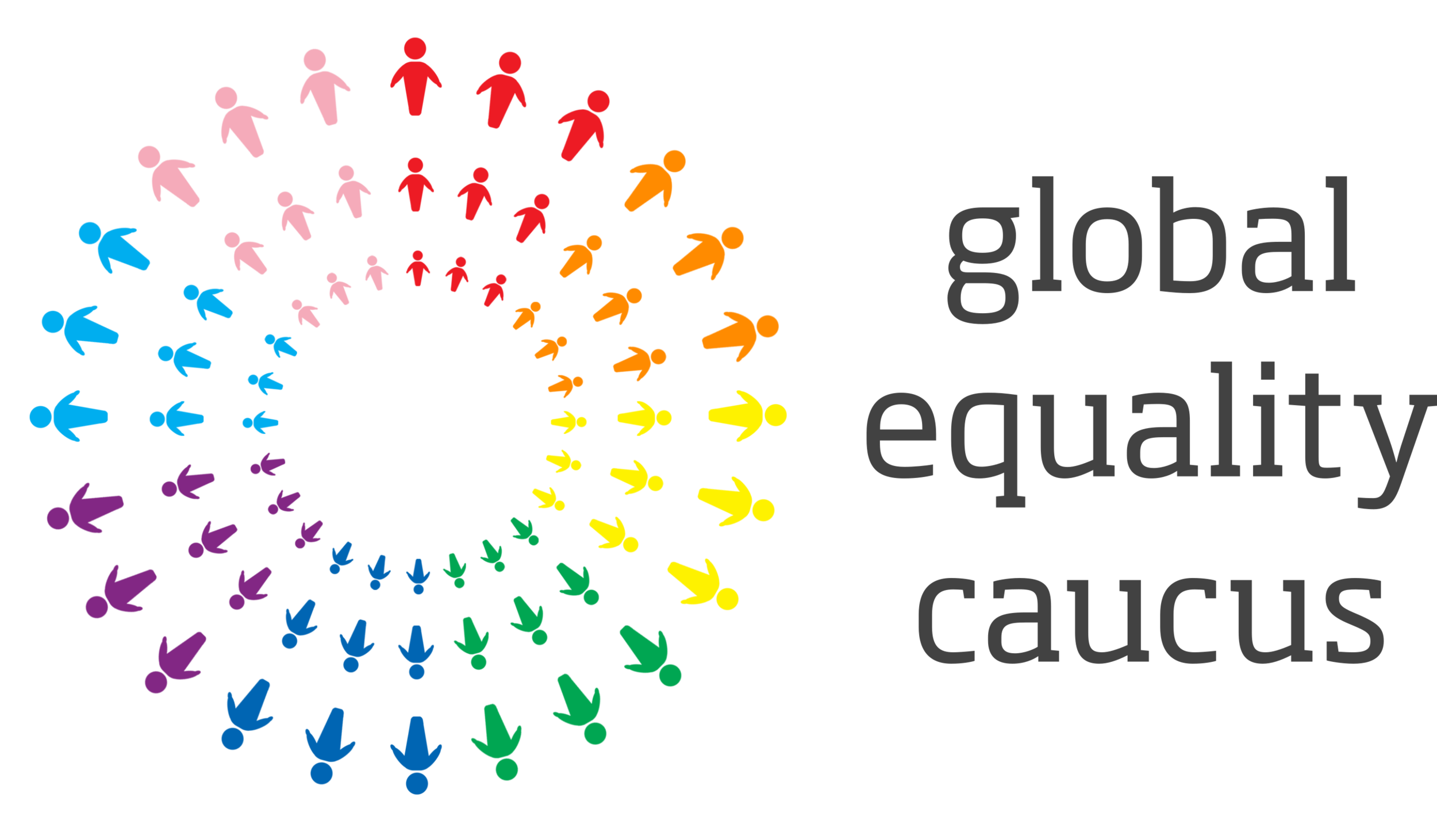New Zealand Parliament bans conversion practices
New Zealand has become the latest country to ban LGBT+ ‘conversion therapy’, after parliamentarians approved a new law prohibiting conversion practices on Tuesday (15 February).
The Conversion Practices Prohibition Legislation Bill, introduced in 2021 by Jacinda Ardern’s Labour government, comfortably passed its final parliamentary stages by 112-8 after the National Party dropped its prior opposition to the bill.
The new law follows bans introduced earlier this year in France and Canada, which were similarly met with minimal resistance from opposition parties. The bill’s passing adds momentum to the Global Equality Caucus’s Ban Conversion Therapy Now! campaign, which is pushing lawmakers to support legislative action globally.
As in France and Canada, New Zealand’s ban outlaws conversion therapies that seek to change or suppress a person’s sexual orientation, gender identity or gender expression. The comprehensive ban covers both medical and religious settings, protects all citizens regardless of age or perceived consent, and includes harsher criminal penalties for those found to have performed a conversion practice that causes serious harm or performed on a minor.
New Zealand becomes the seventh country globally to introduce explicit nationwide legal measures banning conversion therapy, following France, Canada, Germany, Malta, Ecuador and Brazil.
Louisa Wall MP, member of the Global Equality Caucus Steering Committee and a supporter of the law, said: “I am delighted that our Parliament has delivered the ban on conversion practices that was promised last year. LGBTQ+ people do not need to be ‘cured’ of their identity, and I am proud that New Zealand serves as an example to others in its celebration of the rainbow community.”
The Global Equality Caucus is currently rallying legislators to express their support for efforts to ban conversion therapy around the world. Ban Conversion Therapy Now! asks parliamentarians and elected officials to sign a pledge supporting the campaign. Members of the public can also use this lobbying tool to pressure their representatives into action.
